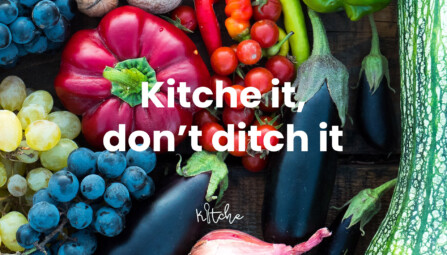Introduction
Food waste can produce valuable nutrients that will benefit your garden plants and the microorganisms in the soil. Why send your food waste away and then buy in fertiliser or compost?
Why

Research has found that almost half of the food waste in the average general waste bin could have been composted. Home composting avoids the transport impacts associated with kerb-side food-waste recycling, while still ensuring that the nutrients it contains are returned to the soil. For a gardener, food waste:
-
- Saves money
- Improves your soil
- Turns a waste product into a valuable resource
“Composting at home can save global warming gases equivalent to all the carbon dioxide emissions your kettle produces annually.”
Compost is a nutrient-rich food product for your garden and will help improve soil structure, maintain moisture levels, and keep your soil’s pH balance in check while helping to suppress plant disease. It will have everything your plants need including nitrogen, phosphorus and potassium and it will help buffer soils that are very acidic or alkaline.
How?
You can make your own compost bin and there are plenty of guides on the internet, but an open compost container is likely to attract vermin and so a manufactured bin may be preferable. These should be placed on open soil so that worms and other creatures can get in. All your peelings and raw vegetable waste can go in, ideally in a 50:50 mix with garden waste. No animal products or cooked food should be added. It will take about 9-12 months for the compost at the bottom of the bin to turn into a crumbly, dark material, with an earthy, fresh aroma; most bins have a lower hatch for easy access.
Re3 offers a range of compost bins for Reading residents here:








